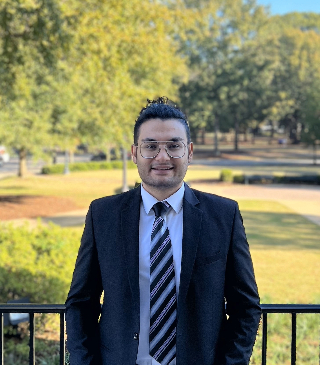Keynote "Bridging Large Language Models and Earth Sciences: The Dawn of ChatGPT Era"
The rapid development of advanced language models such as ChatGPT has garnered the attention of scholars and practitioners. This presentation will focus on divergent viewpoints within the academic community regarding the utility of ChatGPT for both educational and research endeavors. Anticipated to become a useful tool for numerous researchers in content creation and furthering scientific inquiries, we delve into the core mechanism of ChatGPT, especially its relevance to hydrology and related Earth science domains. It details the model's role in simplifying writing and programming tasks within these sectors, emphasizing the potential benefits and the accompanying cautions of its application. In addition, we discuss the inherent limitations and the risks associated with improper use of the technology. We urge the scholarly community to reform current guidelines and create a structured approach for integrating language models beneficially. Furthermore, we delineate recommended steps for the establishment and governance of such frameworks.
 Ehsan Foroumandi, Research Assistant, PhD student
Ehsan Foroumandi, Research Assistant, PhD student
The University of Alabama, Center for Complex Hydrosystems Research, USA
Ehsan Foroumandi received the B.Sc and M.Sc degrees in Civil Engineering from the University of Tabriz and he is currently pursuing the PhD degree in Civil and Environmental Engineering at The University of Alabama. He also works as a Research Assistant at the Center for Complex Hydrosystems Research (CCHR). He previously worked at other academic centers and consulting companies. Mr. Foroumandi’s current research is focused on fusing tools from modern artificial intelligence and data science to well-established data assimilation and harness new sources of data including remotely sensed satellite products to mitigate the environmental impacts of hydroclimatic extremes. He has also studied the impacts of climate change, drought, and anthropogenic activities on large saline lakes using machine learning models, signal processing methods, and satellite remote sensing images. Mr. Foroumandi has won the National Water Center Innovators Program Award in 2023 from the Consortium of Universities for Advancement of Hydrologic Science (CUAHSI) and the National Oceanic and Atmospheric Administration (NOAA). Mr. Foroumandi is a member of the American Geophysical Union (AGU), American Society of Civil Engineers (ASCE), and International Association of Hydrological Sciences (IAHS). He serves as a reviewer for various journals in the field and is a trusted reviewer of Institute of Physics (IOP).